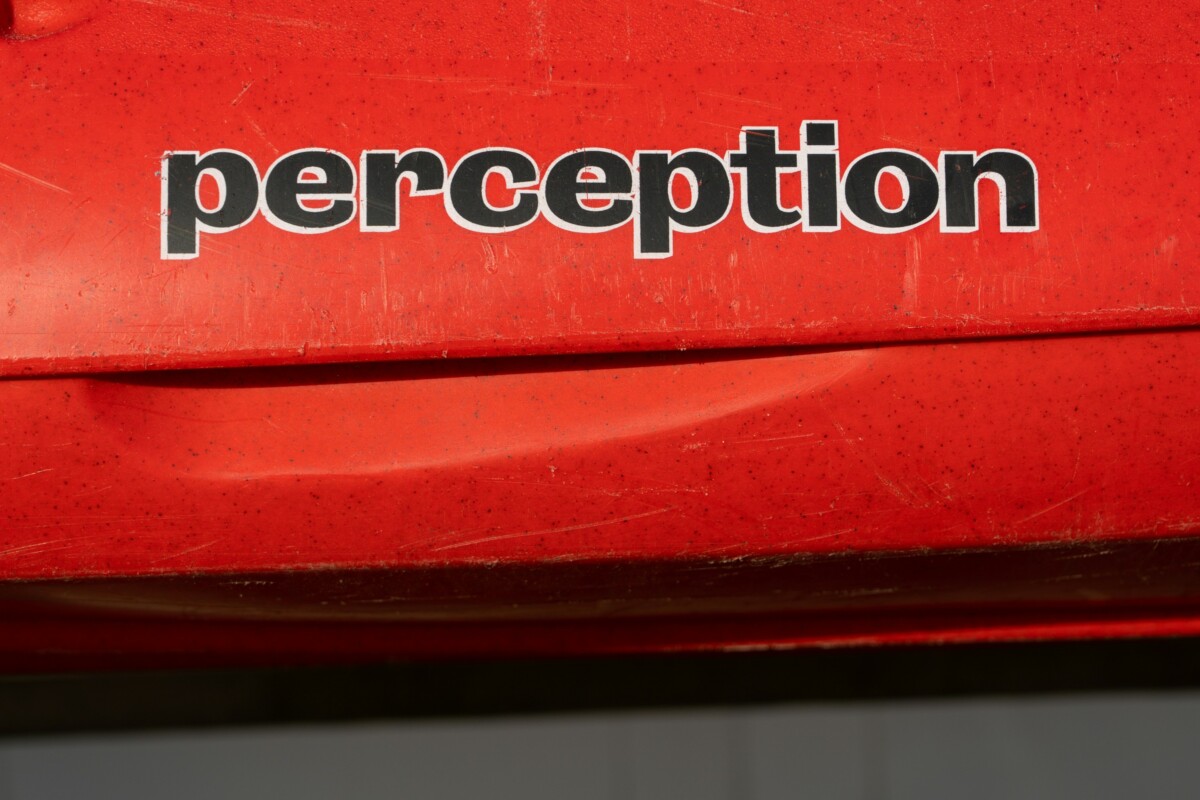
The Biggest Greenwashing Fines of 2025 and What They Teach Us.
What this year’s biggest fines reveal about the future of sustainability communication.
Date: October 2025
Read time: 3 mins
Author: Charlie Martin

This year has seen a clear shift in how regulators deal with misleading sustainability claims. Around the world, authorities are handing out record-breaking fines and sending a strong message. If you make green claims, they need to be accurate, clear, and backed by evidence.
Below are three of the biggest greenwashing fines in 2025 so far. Each case highlights the risks of getting sustainability communication wrong and the growing importance of honesty and clarity.
1. DWS fined €25 million in Germany
In April, German prosecutors fined asset manager DWS €25 million for overstating its ESG credentials. The company described itself as a leader in ESG and claimed that sustainability was built into its investment approach. But investigators found that these claims did not match how the company actually operated.
This is one of the largest greenwashing fines in the financial sector so far. It shows that even investment firms are being held to account for the words they use.
Key takeaway: If you say you are a leader, you need strong evidence. Avoid big claims unless they are backed by real action and data.
2. Shein fined €1 million in Italy
Fast fashion brand Shein was fined €1 million by the Italian Competition Authority for misleading environmental messaging. This followed a larger €40 million fine in France for similar issues.
In Italy, Shein promoted its “evoluSHEIN by design” collection as sustainable. But regulators found the claims were vague and unclear. Some claims about recyclability and circular production were also found to be false. The company’s climate targets were criticised for lacking evidence and not matching recent performance.
Key takeaway: Avoid using broad green terms like “eco” or “sustainable” unless you clearly explain what they mean. Climate targets should be realistic and based on up-to-date data.
3. Active Super fined A$10.5 million in Australia
In early 2025, Australia’s Federal Court fined superannuation fund Active Super 10.5 million Australian dollars. The fund claimed to exclude certain industries, but it continued to invest in them. This included companies involved in fossil fuels and controversial weapons.
The court also ordered Active Super to publish a public notice about the fine. This shows that the consequences can be both financial and reputational.
Key takeaway: What you say in public must match what you do behind the scenes. Gaps between messaging and reality can lead to serious consequences.

What these cases tell us
Across all three cases, some clear patterns are emerging:
-
Every sector is being looked at. It is not just oil and gas. Finance, fashion, and consumer brands are all under the spotlight.
-
Vague language is risky. Words like “green,” “eco-friendly,” and “sustainable” need clear meaning and proof.
-
Targets must be backed by action. Saying you aim to reach net zero is not enough. Regulators now check if your recent actions support that goal.
-
Fines are not just financial. Some companies are required to issue public corrections. The damage can be long-lasting.
-
A fine in one country can raise questions in others. This is especially true for global brands.
How the Anti-Greenwash Charter helps
These cases show how easy it is for even well-meaning organisations to get caught out. The standards for sustainability communication are rising quickly. The Anti-Greenwash Charter helps companies meet those standards with confidence.
Here is how the Charter supports its signatories:
-
Independent review. We help you check claims before they go live, so you can avoid greenwashing risks.
-
Clear standards. All messaging is measured against four key principles: Transparency, Accountability, Fairness, and Honesty.
-
Ongoing support. We offer more than one-time reviews. We work with you as your strategy and communications evolve.
-
Learning community. Signatories learn from each other’s experience, so you can stay ahead of emerging risks.
-
Trusted signal. Being a signatory shows your stakeholders that your claims are independently reviewed and verified.
If your organisation is serious about building trust through clear and honest communication, the Charter can help.
Communicate About Sustainability with Confidence
If your organisation wants to protect its reputation, reduce greenwashing risk, and communicate sustainability with confidence, we’d love you to join us.
📢 Become a signatory of The Anti-Greenwash Charter.
Shape the future of responsible communication and show stakeholders what honest, trusted sustainability leadership looks like.
